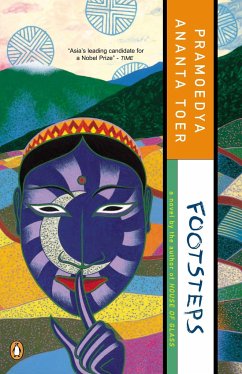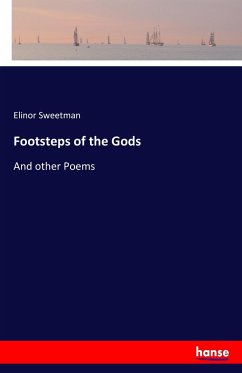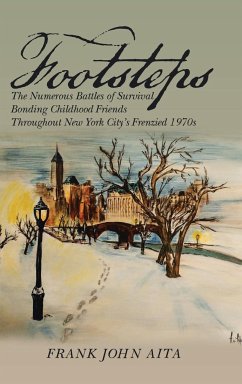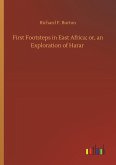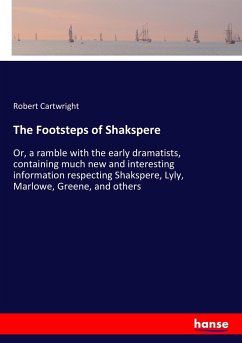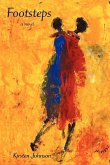As the world moves into the twentieth century, Minke, one of the few European-educated Javanese, optimistically starts a new life in a new town: Betawi. With his enrollment in medical school and the opportunity to meet new people, there is every reason to believe that he can leave behind the tragedies of the past. But Minke can no more escape his past than he can escape his situation as part of an oppressed people under a foreign power. As his world begins to fall apart, Minke draws a small but fervent group around him to fight back against colonial exploitation. During the struggle, Minke finds love, friendship, and betrayal - with tragic consequences. And he goes from wanting to understand his world to wanting to change it. Pramoedya's full literary genius is again evident in the remarkable characters that populate the novel - and in his depiction of a people's painful emergence from colonial domination and the shackles of tradition. It is no wonder that Carolyn See, writing in The Washington Post Book World, commented, "Pramoedya Ananta Toer should get the Nobel Prize, but failing that, where are the miniseries people? This story is spellbinding". The Buru tetralogy was composed orally on Buru Island during the first half of the author's fourteen-year imprisonment without trial. Writing or reading anything but religious texts was strictly forbidden. Pramoedya would tell each installment to the people with whom he shared his hut; they in turn would tell others until the thousands of political prisoners held on Buru knew the story. In the latter half of his imprisonment, Pramoedya was allowed to write the novels he had composed orally.
Hinweis: Dieser Artikel kann nur an eine deutsche Lieferadresse ausgeliefert werden.
Hinweis: Dieser Artikel kann nur an eine deutsche Lieferadresse ausgeliefert werden.

